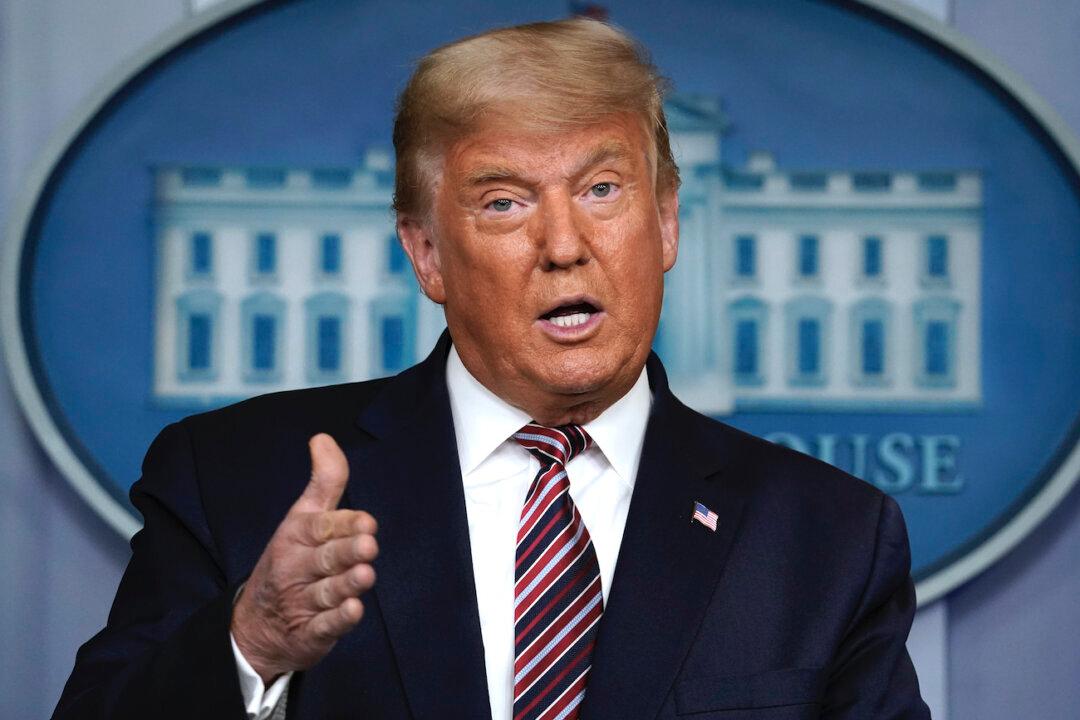President Donald Trump has challenged the accuracy of a recent New York Times report that said Vice President Mike Pence told the president he lacked the power to block the certification of electoral college votes.
The report, which cited anonymous sources, said Pence delivered his assessment about his role on Jan. 6 to the president during their weekly lunch.




